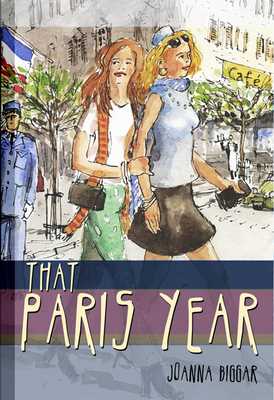The critics raved about the play In Paris created by Dmitry Krymov and based on a prize-winning story by Ivan Bunin, which debuted in Northern California at the Berkeley Rep. Since it’s set in the City of Light in the ‘30s, with the incomparable Mikhail Baryshnikov playing an exiled Russian general, it seemed an event not to miss. So I didn’t. But, evidently, I did miss its heart and soul.
“An ephemeral dream of last romance,” said the San Jose Mercury News. “A moody, wryly comic blend of engaging visuals, enchanting found-object music and romance,” declared the San Francisco Chronicle, while the Huffington Post applauded the “play’s commitment for getting the emotion out to the audience.”
Really?
While I do go along with the great visuals, beginning with the sepia-toned huge postcard of Paris carried in sideways to open the play; 
the funky running English text for the dialog delivered in French and Russian; and agree the presence of Baryshnikov, as actor, is commanding (along with the quite lovely Anna Sinyakina), the rest escaped me. From the revolving set and anonymous “others” to the vague evocation of the real Paris, I found myself, rather like Anna herself, upside down on an invisible swing, trying in vain to connect with something, to connect with him.
I can grasp it best by analogy. If this were a painting, it would be a René Magritte, with a figure in tails and a top hat on a head helpfully removed from the body.
If it were a poem, it would be “Ode to a Grecian Urn” by Keats, in which the lovers don’t quite kiss. For eternity.
If it were a novel, it would be Russian for sure: “Dr. Zhivago,” where close to the end, Zhivago finally sees his beloved Lara from a streetcar window as she is walking along a Moscow street. He gets off the streetcar and begins to run after her, only to collapse and die without her ever knowing he was there.
If this were an opera, it would definitely not be Carmen. Although the play finishes with a graceful flamenco performed by the great Baryshnikov, he is not the toreador. There is no vanquished bull, no great love waiting to receive his gift, no passion. But oddly, at the end, with this kind of resurrection dance after death, the play comes to life as it has not before and gives a poignant salute to the passion, love and, yes, poetry, that might have been.


Leave a comment